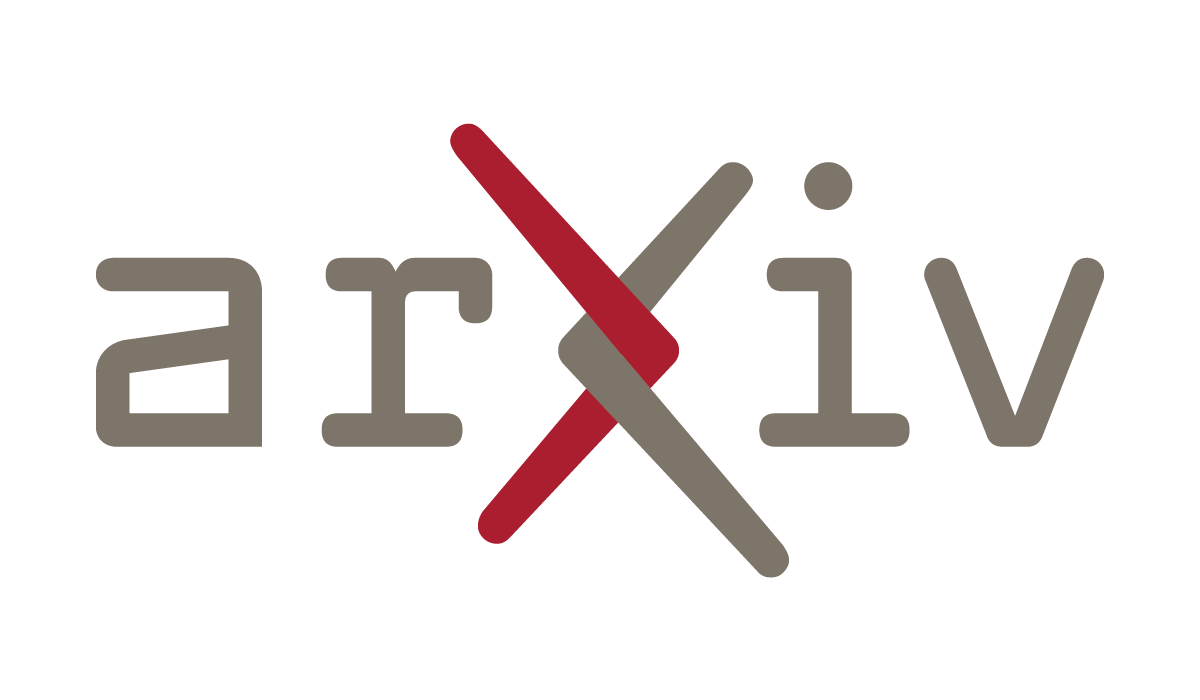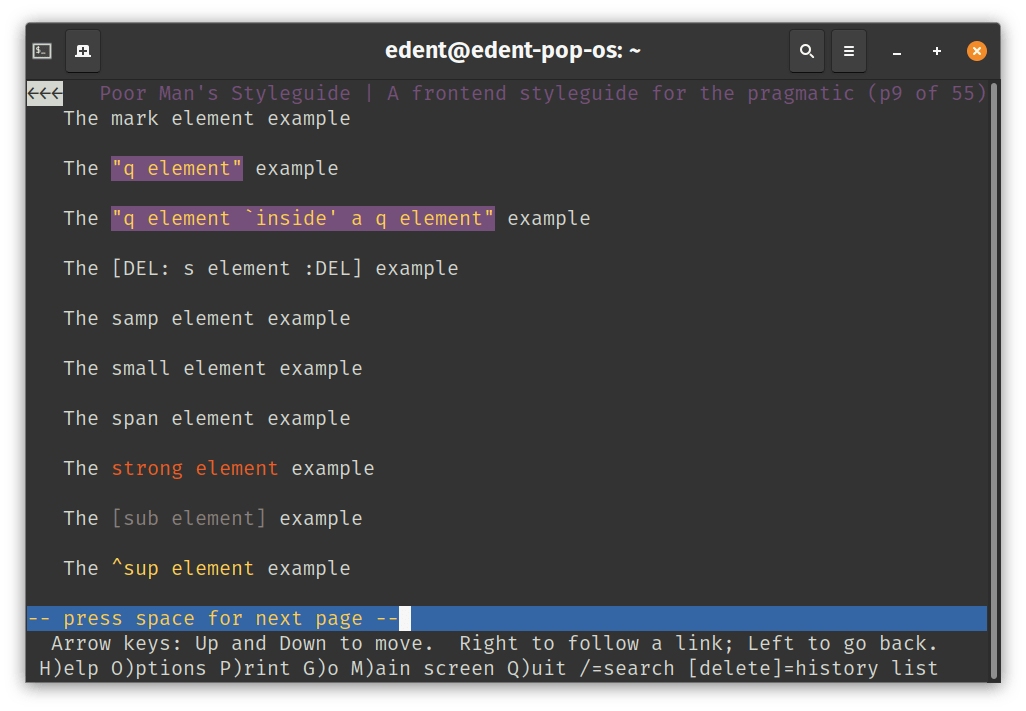
cross-posted from: https://links.hackliberty.org/post/2559706
> > Abstract > > > > This paper examines the potential of the Fediverse, a federated network of social media and content platforms, to counter the centralization and dominance of commercial platforms on the social Web. We gather evidence from the technology powering the Fediverse (especially the ActivityPub protocol), current statistical data regarding Fediverse user distribution over instances, and the status of two older, similar, decentralized technologies: e-mail and the Web. Our findings suggest that Fediverse will face significant challenges in fulfilling its decentralization promises, potentially hindering its ability to positively impact the social Web on a large scale. > > Some challenges mentioned in the paper: > - Discoverability as there is no central or unified index > - Complicated moderation efforts due to its decentralized nature > - Interoperability between instances of different types (e.g., Lemmy and Funkwhale) > - Concentration on a small number of large instances > - The risk of commercial capture by Big Tech > > What are your thoughts on this? And how could we make the Fediverse a better place for all to stay?

cross-posted from: https://links.hackliberty.org/post/2559706
> > Abstract > > > > This paper examines the potential of the Fediverse, a federated network of social media and content platforms, to counter the centralization and dominance of commercial platforms on the social Web. We gather evidence from the technology powering the Fediverse (especially the ActivityPub protocol), current statistical data regarding Fediverse user distribution over instances, and the status of two older, similar, decentralized technologies: e-mail and the Web. Our findings suggest that Fediverse will face significant challenges in fulfilling its decentralization promises, potentially hindering its ability to positively impact the social Web on a large scale. > > Some challenges mentioned in the paper: > - Discoverability as there is no central or unified index > - Complicated moderation efforts due to its decentralized nature > - Interoperability between instances of different types (e.g., Lemmy and Funkwhale) > - Concentration on a small number of large instances > - The risk of commercial capture by Big Tech > > What are your thoughts on this? And how could we make the Fediverse a better place for all to stay?

> Abstract > > This paper examines the potential of the Fediverse, a federated network of social media and content platforms, to counter the centralization and dominance of commercial platforms on the social Web. We gather evidence from the technology powering the Fediverse (especially the ActivityPub protocol), current statistical data regarding Fediverse user distribution over instances, and the status of two older, similar, decentralized technologies: e-mail and the Web. Our findings suggest that Fediverse will face significant challenges in fulfilling its decentralization promises, potentially hindering its ability to positively impact the social Web on a large scale.
Some challenges mentioned in the paper:
- Discoverability as there is no central or unified index
- Complicated moderation efforts due to its decentralized nature
- Interoperability between instances of different types (e.g., Lemmy and Funkwhale)
- Concentration on a small number of large instances
- The risk of commercial capture by Big Tech
What are your thoughts on this? And how could we make the Fediverse a better place for all to stay?
New research suggests having a dog may lower depression and anxiety
>Researchers at Harvard’s Nurses’ Health Study exploring conflicting findings on whether pet ownership is good for our mental health have found that having — and loving — a dog (sorry, cat people) is associated with lower symptoms of depression and anxiety. > >... > >We used several different measures for depression and for anxiety and found overall that there is an inverse association between pet attachment and negative mental health outcomes. That means the more attached you are to your pet, the lower your risk of depression and anxiety. > >The effect was particularly strong among women who had a history of sexual or physical abuse in childhood, who made up the majority of our study population. > >I think those findings were mostly driven by dogs, because the majority of the pets owned in the study were dogs — it was about two-thirds dogs and one-third cats. The association was similar to what we found when restricting the analysis just to dogs, but not as strong. > >With cats, there doesn’t seem to be an association between pet attachment and mental health outcomes. There was a smaller number of respondents though, so we cannot rule out that we don’t see anything because there were too few cats in the survey. > >... > >Many studies have been done on the effects of pet ownership, but the premise of this study is that it may matter more how much you are attached to the pet than if you simply own a pet. Many people have pets, but not every owner is attached to their pet. > >Plenty of people don’t enjoy having to walk their dogs in the morning because the dog is the beloved pet of their child, for example. So the goal was to sort out whether attachment is the more important variable that links pets to health outcomes in humans, and then to study mechanisms.
Yeah, especially everything now is in the hands of so few players, we don't have much of a choice!
This is all rather meaningless because we don’t know the demographics of those who answered: 5,101 US adults of what generations?
18 or older selected at random from across the entire country, read this for more information about how they selected those adults.
The share of Americans who say they are very or somewhat concerned about government use of people’s data has increased from 64% in 2019 to 71% today. Two-thirds (67%) of adults say they understand little to nothing about what companies are doing with their personal data, up from 59%.

cross-posted from: https://links.hackliberty.org/post/2496422
> > This survey was conducted among 5,101 U.S. adults from May 15 to 21, 2023 > > ### % say they are concerned about how ... use(s) the data they collect about them > - Companies: 81% > - The government: 71% > > ### % say they have little to no understanding about what ... do(es) with the data they collect about them > - Companies: 67% > - The government: 77% > > ### % say they have very little or no trust at all that leaders of social media companies will > - Publicly admit mistakes and take responsibility when they misuse or compromises users' personal data: 77% > - Not sell users' personal data to others without their consent: 76% > - Be held accountable by the government if they misuse or compromise users' personal data: 71% > > ### % say that as companies use AI to collect and analyze personal information, this information will be used in ways that ... > - People would not be comfortable with: 81% > - Were not originally intended: 80% > - Could make people's lives easier: 62% > > ### % say that when they think about managing their privacy online, they ... > - Trust themselves to make the right decisions about their personal information: 78% > - Feel skeptical that anything they do will make much difference: 61% > - Feel overwhelmed by figuring out what they need to do: 37% > - Feel privacy is not that big of a deal to them: 29% > - Are confident those who have access to their personal information will do what is right: 21% > > ### % say they ... agree to online privacy policies right away, without reading what the policies say > - Always, almost always or often: 56% > - Sometimes: 22% > - Rarely or never: 18% > - No answer: 4% > > Please read the report for a more in-depth look at the data and analysis!
The share of Americans who say they are very or somewhat concerned about government use of people’s data has increased from 64% in 2019 to 71% today. Two-thirds (67%) of adults say they understand little to nothing about what companies are doing with their personal data, up from 59%.

> This survey was conducted among 5,101 U.S. adults from May 15 to 21, 2023
% say they are concerned about how ... use(s) the data they collect about them
- Companies: 81%
- The government: 71%
% say they have little to no understanding about what ... do(es) with the data they collect about them
- Companies: 67%
- The government: 77%
% say they have very little or no trust at all that leaders of social media companies will
- Publicly admit mistakes and take responsibility when they misuse or compromises users' personal data: 77%
- Not sell users' personal data to others without their consent: 76%
- Be held accountable by the government if they misuse or compromise users' personal data: 71%
% say that as companies use AI to collect and analyze personal information, this information will be used in ways that ...
- People would not be comfortable with: 81%
- Were not originally intended: 80%
- Could make people's lives easier: 62%
% say that when they think about managing their privacy online, they ...
- Trust themselves to make the right decisions about their personal information: 78%
- Feel skeptical that anything they do will make much difference: 61%
- Feel overwhelmed by figuring out what they need to do: 37%
- Feel privacy is not that big of a deal to them: 29%
- Are confident those who have access to their personal information will do what is right: 21%
% say they ... agree to online privacy policies right away, without reading what the policies say
- Always, almost always or often: 56%
- Sometimes: 22%
- Rarely or never: 18%
- No answer: 4%
Please read the report for a more in-depth look at the data and analysis!
In a major announcement made during Shueisha’s Jump Press livestream on Aug 19, 2024, it was revealed that Yoshihiro Togashi's Hunter x Hunter manga will be

cross-posted from: https://links.hackliberty.org/post/2459489
> > In a major announcement made during Shueisha’s Jump Press livestream on Aug 19, 2024, it was revealed that Yoshihiro Togashi’s Hunter x Hunter manga will be returning to the pages of Weekly Shonen Jump in this year’s 45th issue, set for release on Oct 7, 2024. > > > This marks the first new chapter in nearly two years since Hunter x Hunter went on a hiatus following the release of chapter 400 in December 2022.
In a major announcement made during Shueisha’s Jump Press livestream on Aug 19, 2024, it was revealed that Yoshihiro Togashi's Hunter x Hunter manga will be

> In a major announcement made during Shueisha’s Jump Press livestream on Aug 19, 2024, it was revealed that Yoshihiro Togashi’s Hunter x Hunter manga will be returning to the pages of Weekly Shonen Jump in this year’s 45th issue, set for release on Oct 7, 2024.
> This marks the first new chapter in nearly two years since Hunter x Hunter went on a hiatus following the release of chapter 400 in December 2022.
Zero Day Initiative threat researchers discovered CVE-2024-38213, a simple and effective way to bypass Windows mark-of-the-web protections leading to remote code execution. In March 2024, Trend Micro’s Zero Day Initiative Threat Hunting team started analyzing samples connected to the activity carr

cross-posted from: https://links.hackliberty.org/post/2459180
> > When a user downloads a file from an untrusted source such as the web, Windows adds the Mark-of-the-Web to the local copy of the file. > > > The presence of the Mark-of-the-Web triggers additional security checks and prompts when opening the file. This helps reduce the risk of executing untrusted content. > > > Unfortunately, threat actors have discovered that Windows does not always handle or properly apply the Mark-of-the-Web to files served over WebDAV. > > > Before the release of the Microsoft June security patch, files copied and pasted from WebDAV shares did not receive the Mark-of-the-Web designations. This meant that users might copy and paste files from a WebDAV share to their desktop, and those files could subsequently be opened without the protections of Windows Defender SmartScreen or Microsoft Office Protected View. In particular, this means that there would be no reputation or signature checks on executables.
> When a user downloads a file from an untrusted source such as the web, Windows adds the Mark-of-the-Web to the local copy of the file.
> The presence of the Mark-of-the-Web triggers additional security checks and prompts when opening the file. This helps reduce the risk of executing untrusted content.
> Unfortunately, threat actors have discovered that Windows does not always handle or properly apply the Mark-of-the-Web to files served over WebDAV.
> Before the release of the Microsoft June security patch, files copied and pasted from WebDAV shares did not receive the Mark-of-the-Web designations. This meant that users might copy and paste files from a WebDAV share to their desktop, and those files could subsequently be opened without the protections of Windows Defender SmartScreen or Microsoft Office Protected View. In particular, this means that there would be no reputation or signature checks on executables.
We’re making more data than ever. What can—and should—we save for future generations? And will they be able to understand it?

Yeah, this is even creepier than coveryourtracks from EFF.
Ah, sorry about that. I will include the link in the post. The point is I want people to try this out to see what kind of information get leaked off your browsers but didn't really think about the info of the tool.
More info: https://github.com/abrahamjuliot/creepjs
More info: https://github.com/abrahamjuliot/creepjs
Completely agree. But if you know, then you did use it at some point right?
Use lynx to browse a meme community is like closing your eyes while watching a movie, lol that's my experience.
Lynx is a text based browser. You think the people who browse without JavaScript are weird? Lynx doesn’t even do images or CSS! It downloads HTML and renders it at blazing fast speed. If you …

You want to order from a local restaurant, but you need to download a third-party delivery app, even though you plan to pick it up yourself. The prices and menu on the app are different to what you saw in the window. When you download a second app the prices are different again. You ring
cross-posted from: https://links.hackliberty.org/post/2260127
> Archive link: https://web.archive.org/web/20240716045110/https://www.takahe.org.nz/heat-death-of-the-internet/
You want to order from a local restaurant, but you need to download a third-party delivery app, even though you plan to pick it up yourself. The prices and menu on the app are different to what you saw in the window. When you download a second app the prices are different again. You ring
Archive link: https://web.archive.org/web/20240716045110/https://www.takahe.org.nz/heat-death-of-the-internet/
OpenResume is a free, open-source, and powerful resume builder that allows anyone to create a modern professional resume in 3 simple steps. For those who have an existing resume, OpenResume also provides a resume parser to help test and confirm its ATS readability.
OpenResume is a free, open-source, and powerful resume builder that allows anyone to create a modern professional resume in 3 simple steps. For those who have an existing resume, OpenResume also provides a resume parser to help test and confirm its ATS readability.
The platform has been used to disrupt elections, disseminate propaganda and promote hate. Regular users should ask if they are implicated in these failings.

Archive link: https://web.archive.org/web/20240427133051/https://www.nytimes.com/2018/11/24/opinion/sunday/facebook-immoral.html/
Instead of remembering what line number you were at, you can use marks (:help mark-motions) to immediately jump back to where you left off.
For example, type mx to mark the current position with x (or anything you want). Say now you are at the top of the file, just type 'x to go back to the line marked with x.
A godsend for saving time - the ab (abbreviation) command. This command lets you shorten a long sequence of characters (be it a text or a complex command) into another sequence of any length. It works in both insert mode and command mode. If you frequently edit text using a lengthy command, this feature will significantly save you time. For example: :ab ul s/\<./\u&/g to capitalize every word in a line. When you enter command mode (type :) and type ul, vim will automatically expand it to s/\<./\u&/g for you.
Additionally, the map command can save even more time, but IMO the ab command offers more control for handling various cases. In my example, you can use ul to only capitalize the lines that have a specific pattern using the global command g.
Another overlooked aspect is the .exrc file. Enabling it with set exrc in your config allows for different setups based on different situations. For instance, when writing notes, I prefer to have line breaks on to make the text look nicer on the screen. In contrast, when writing code, I don't require this option. I simply need to place set linebreak in the .exrc file in the note-writing directory to adjust accordingly.
That's what I like about FOSS. You see very few distractions that try to grab your attention. This leads to a rather quiet digital life.
To take it a step further, you could enable the Do Not Disturb feature on your devices and only grant notification permissions to essential apps. This way, you can enjoy some peace of mind.
I haven't come across any information regarding the automatic aspect, and I don't have any personal experience with bubblejail either. However, bubblejail is mentioned on the arch wiki. It might be the closest match in this case, so you could give it a try.
You can use bubblewrap (its CLI name is bwrap) to make an arbitrary directory as $HOME for a specific program session. Basically, you can bind or set any environment variable you need for that particular program. I recommend checking out the arch wiki on this topic.
For example: bwrap --dev-bind / / --bind $HOME/your/dir/path $HOME <your_program>. This will let <your_program> have access to / and device permissions, with $HOME/your/dir/path serving as its $HOME.
My lazy ass decided to just go with the copied title generated by Lemmy when making the post. I edited the title, thanks for mentioning that!
Archive link: Publishers Sue Google over Pirate Sites
Fixed.
Edit: The new link of the post works but I think providing an archive link would be more sufficient.
This kind of self-fulfilling prophecy is what will drive down even more support for Linux. The thing we need to do right now is to let more people try out Linux so that corporations will see Linux as a potential target on the desktop and make products for Linux, not the opposite like what you are saying.
